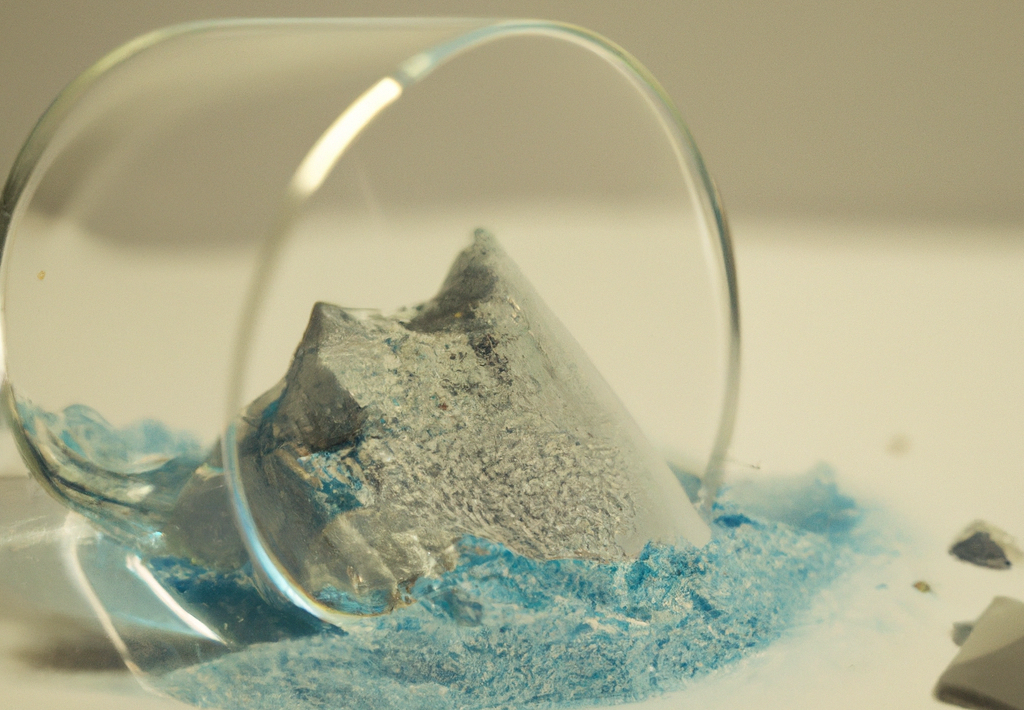On 27 September 2023, the EU Commission published the EU REACH microplastics restriction. This means that the provisions will officially enter into force on 17 October 2023, which is the date when the transition periods will also start.
The EU Commission took a big step towards fighting microplastics pollution by adopting new measures under EU chemical legislation REACH. The aim of new rules is to ban sale of microplastics as such and of products that include intentionally added microplastics and that release those microplastics used. One example of such products are cosmetics.
Products used at industrial sites or not releasing microplastics during use are derogated from the sale ban, but their manufacturers will have to provide instructions on how to use and dispose of the product to prevent microplastics emissions and report the estimated microplastics emissions every year.
Which products will be affected?
The definition of microplastics used in the restriction is broad in scope, covering all synthetic polymer particles measuring less than five millimetres that are organic, insoluble and resist (bio)degradation.
Examples:
- Cosmetics. Microplastics is used in cosmetics for multiple purposes, such as exfoliation or obtaining a specific texture, fragrance or colour. The ban applies immediately for cosmetics containing microbeads, i.e. small plastic beads used for exfoliation. It applies after 4-12 years for other cosmetics, depending on the complexity of the product, the need for reformulation and the availability of suitable alternatives.
Which products are exempt from the restriction?
The following products are exempt from sale ban:
- Products that contain microplastics but do not release them or their release can be minimised, e.g. construction materials;
- Products used at industrial sites;
- Products already regulated by other EU legislation, e.g. medicinal products, food and feed.
Products where the microplastics have not been added on purpose but are present unintentionally, e.g. sludge, compost, are also not in the scope of the restriction.
Transition periods for cosmetics
Exfoliating microbeads – at entry into force (17 October 2023)
Rinse-off cosmetic products – 4 years
Leave-on cosmetic products – 6 years
Make-up (including lip and nail) products – 12 years
Instructions for use and disposal – 2 years
Reporting to ECHA – 3 years
‘Contains microplastics’ labelling on make-up – 8 years
The EU Commission published Q&A on restrictions to intentionally added microplastics, which can be found on their website for more information about the new restrictions.


